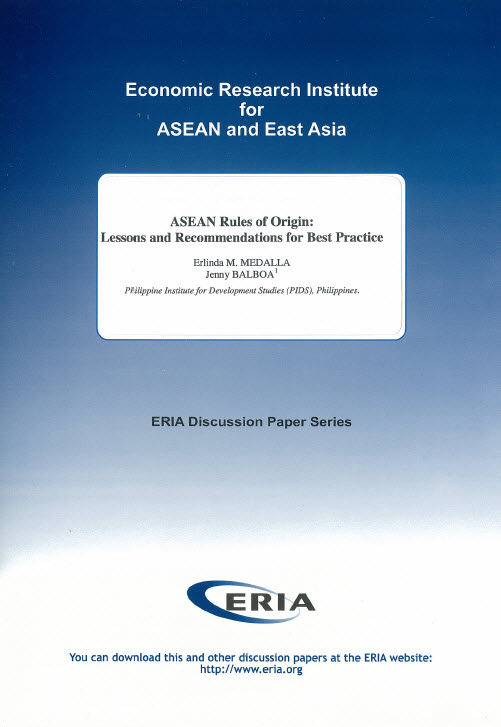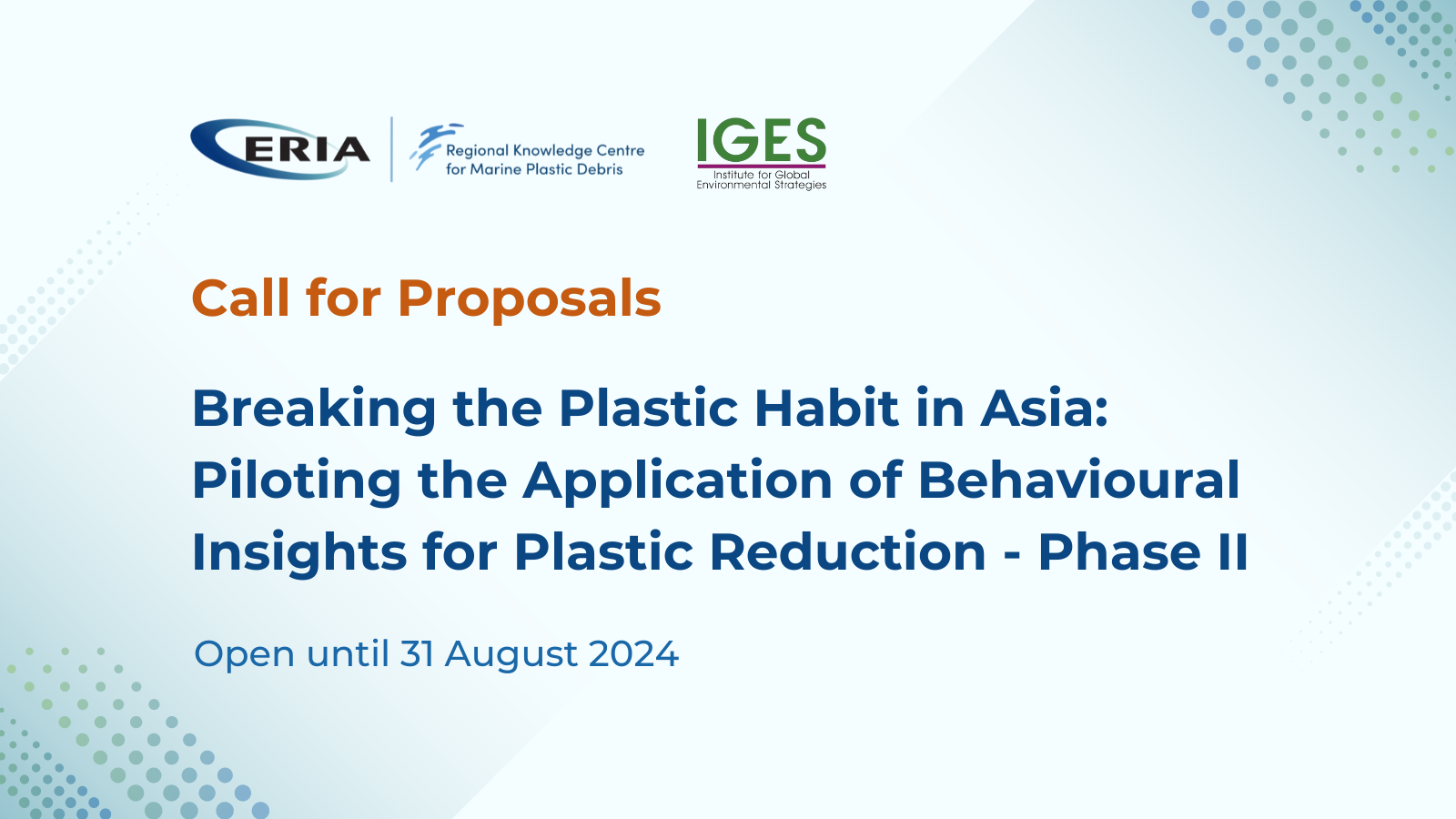ASEAN Rules of Origin:Lessons and Recommendations for Best Practice

Print Article:
Abstract
Rules of Origin (ROO) set the criteria in determining the nationality of a product and where a product was made. The importance of ROO has increased in the past years as more countries engage in Free Trade Agreements (FTAs) and begun treating goods differently according to where the product was made, along with trade-specific preferences or restrictions to the imported good once its origin is determined. This study is done to cull the lessons from ASEAN's experience in determining and implementing the Rules of Origin. It draws the important lessons and makes recommendations for best practice that would contribute to the cooperation and integration efforts in the region. The paper examines the various design and implementation practice in ROO regimes, focusing on RTAs where the ASEAN is involved. The paper presents findings from recent studies on the cost of ROO compliance and the FTA utilization rates. It concludes with recommendations on simplification of ROO and some reforms on administrative procedures, bringing in the development country dimension, and some general guidelines to follow to improve ROOs.




